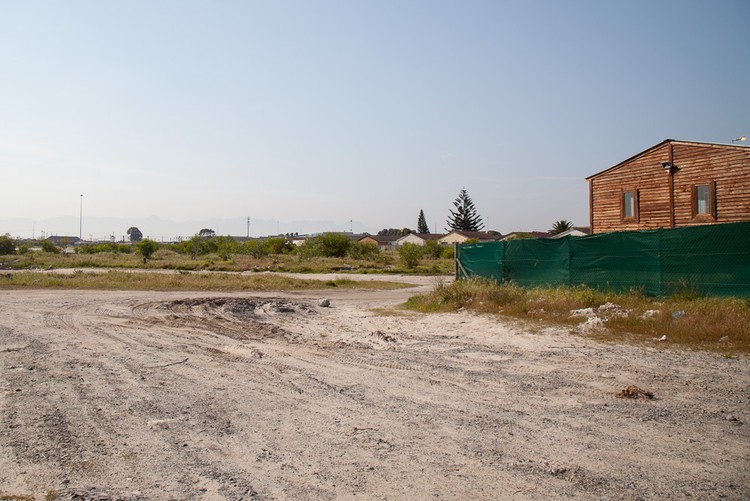Bongiwe Ninini’s murder shines a light on inequality
Field in which she was dumped was supposed to be developed
This week in the Western Cape High Court, four young men, previously found guilty of the murder of 19-year-old Bongiwe Ninini, were sentenced to life imprisonment. Ninini knew all four sentenced men – one had been her boyfriend, another had been a very close friend.
Ninini was assaulted and killed on 18 July 2015. Her body was dumped in an uncovered drain (which remains uncovered) in an open field in Site C, Khayelitsha. This is on land that remains empty more than eight years after an agreement between the City of Cape Town and Old Mutual to develop it.
The agreement paved the way for Old Mutual to build the R1.2 billion Portside Building in the Cape Town CBD on a portion of what was then City owned land. In return, Old Mutual committed to building low cost houses and a shopping centre on the open field in Khayelitsha.
Soon after the agreement was entered into Old Mutual reverted with a proposal of 500 housing units instead of the mixed-use development agreed to. The Khayelitsha Development Forum (KDF) objected to this new proposal and as a result the development stalled.
Finally, in August last year, it was reported that a compromise around a mixed-use development plan – a plan in line with the original agreement entered into in 2008 – had been reached. Unfortunately, a delivery timeline is not yet publicly available and the field remains empty.
Within the criminal justice system it took 18 months to ensure justice for Ninini. Thankfully in this instance, justice wasn’t needlessly delayed and so it was not denied. Given the ongoing irrational and discriminatory under-resourcing of the police stations, and in particular the Family Violence, Child Protection and Sexual Offences (FCS) Units in Khayelitsha, the successful conviction, in the face of adversity, must be welcomed.
Out of 146 precincts in the Western Cape, the Site C police precinct, where Ninini was murdered, is the 16th least resourced. Delft, where Ninini’s brother was killed in 2004, is the 6th least resourced. Both annually make the list of South Africa’s ten most murderous precincts.
As a result the Social Justice Coalition (SJC), Equal Education (EE) and the Nyanga Community Police Forum (CPF) turned to the Equality Court for justice. Here too, Minister Nhleko, acting National Police Commissioner Phahlane and Western Cape Police Commissioner Jula, the respondents, sought to delay justice. Close to a year after the case was launched and after having missed previous deadlines, the respondents are now set to file their responding papers by 17 February.
We welcome the successful conviction of Bongiwe Ninini’s murderers. We wish she could have been spared the pain and the violence and the indignity of having her body dumped in an uncovered drain, in an overgrown, litter strewn, poorly lit field a mere hundred metres from her home.
Views expressed are not necessarily GroundUp’s.
Next: Land Claims Court halts eviction of 2,000 people in Kempton Park
Previous: Life in Cape Town’s most controversial informal settlement
© 2017 GroundUp. 
This article is licensed under a Creative Commons Attribution-NoDerivatives 4.0 International License.
You may republish this article, so long as you credit the authors and GroundUp, and do not change the text. Please include a link back to the original article.



